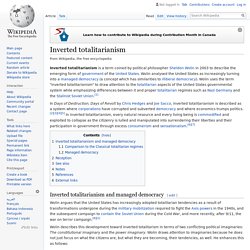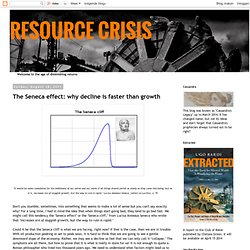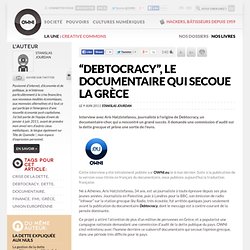

Corporate. 26 janvier 2011 - 205 millions de chômeurs dans le monde. Inverted totalitarianism. Inverted totalitarianism is a term coined by political philosopher Sheldon Wolin in 2003 to describe the emerging form of government of the United States.

Wolin analysed the United States as increasingly turning into a managed democracy (a concept which has similarities to illiberal democracy). Wolin uses the term "inverted totalitarianism" to draw attention to the totalitarian aspects of the United States governmental system while emphasizing differences between it and proper totalitarian regimes such as Nazi Germany and the Stalinist Soviet Union.
Inverted totalitarianism and managed democracy[edit] Wolin argues that the United States has increasingly adopted totalitarian tendencies as a result of transformations undergone during the military mobilization required to fight the Axis powers in the 1940s, and the subsequent campaign to contain the Soviet Union during the Cold War, and more recently, after 9/11, the war on terror campaign.[2] Inverted totalitarianism reverses things. Les banques britanniques sauvegardent leurs bonus en promettant de prêter davantage.
The capitalist network that runs the world - physics-math - 19 October 2011. AS PROTESTS against financial power sweep the world this week, science may have confirmed the protesters' worst fears.

An analysis of the relationships between 43,000 transnational corporations has identified a relatively small group of companies, mainly banks, with disproportionate power over the global economy. The study's assumptions have attracted some criticism, but complex systems analysts contacted by New Scientist say it is a unique effort to untangle control in the global economy. Pushing the analysis further, they say, could help to identify ways of making global capitalism more stable. The idea that a few bankers control a large chunk of the global economy might not seem like news to New York's Occupy Wall Street movement and protesters elsewhere (see photo). But the study, by a trio of complex systems theorists at the Swiss Federal Institute of Technology in Zurich, is the first to go beyond ideology to empirically identify such a network of power. The Zurich team can. 1. Let's make everything free. Why decline is faster than growth.
"It would be some consolation for the feebleness of our selves and our works if all things should perish as slowly as they come into being; but as it is, increases are of sluggish growth, but the way to ruin is rapid.

" Lucius Anneaus Seneca, Letters to Lucilius, n. 91 Don't you stumble, sometimes, into something that seems to make a lot of sense but you can't say exactly why? For a long time, I had in mind the idea that when things start going bad, they tend to go bad fast. We might call this tendency the "Seneca effect" or the "Seneca cliff," from Lucius Anneaus Seneca who wrote that "increases are of sluggish growth, but the way to ruin is rapid.
" Could it be that the Seneca cliff is what we are facing, right now? I have been working on this idea for quite a while and now I think I can make such a model. Models of growth and decline The paradigm of all models of growth and decline is the Hubbert model. “Debtocracy”, le documentaire qui secoue la Grèce. Interview avec Aris Hatzistefanou, journaliste à l'origine de Debtocracy, un documentaire-choc qui a rencontré un grand succès.

Il demande une commission d'audit sur la dette grecque et prône une sortie de l'euro. Cette interview a été initialement publiée sur OWNI.eu le 6 mai dernier. Suite à la publication de la version sous-titrée en français du documentaire, nous publions aujourd’hui la traduction française. Né à Athènes, Aris Hatzistefanou, 34 ans, est un journaliste à toute épreuve depuis ses plus jeunes années. Journaliste en Palestine, puis à Londres pour la BBC, son émission de radio “infowar” sur la station grecque Sky Radio, très écoutée, fut arrêtée quelques jours seulement avant la publication du documentaire Debtocracy, dont le message est à contre-courant de la pensée dominante.
Ce projet a attiré l’attention de plus d’un million de personnes en Grèce, et a popularisé une campagne nationale demandant une commission d’audit de la dette publique du pays.